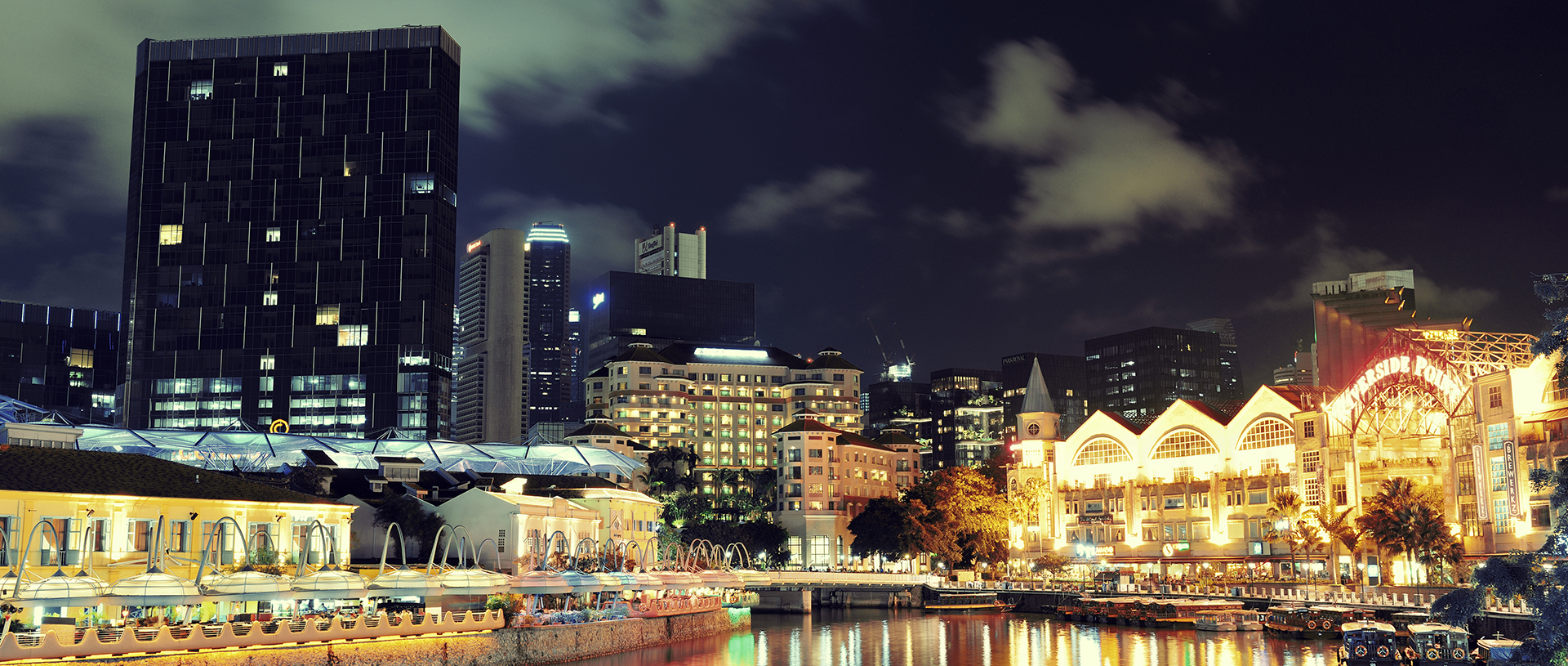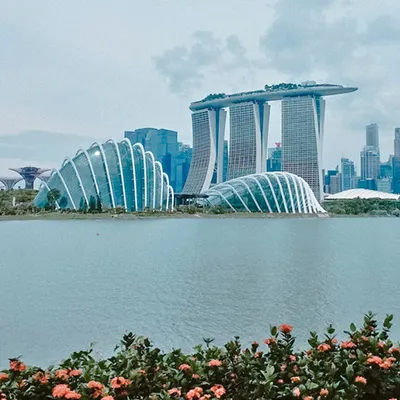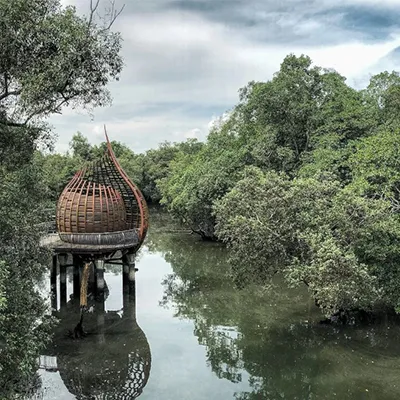Leading the world in infrastructure, leading Asia in quality of living
Changi Airport is the ideal symbol of Singapore’s status as a world-leading infrastructural hub. Last year, global consulting firm Mercer ranked Singapore as the global leader in infrastructure, measured by factors such as transportation, flight connectivity, and reliable access to electricity and mail services.
Good infrastructure makes Singapore an attractive location for multinationals looking to set up a regional presence. In March this year, Aurecon Group, an engineering and infrastructure advisory company, opened a Regional Centre of Excellence for Digital Engineering in Singapore. Over the next three years, Aurecon will invest S$3 million into the centre to drive research in areas such as artificial intelligence, data analytics, the Internet of Things, visualisation and digital collaboration.
In sharing the infrastructural conditions that influenced Aurecon’s decision, Dr Paul Lombard, Aurecon’s Managing Director for Middle East and Asia, referred to factors such as Singapore’s “excellent connectivity”, “convenient public transport” and the “lightning fast” internet.
“Many of our management team’s members are based here and we run our operations in Southeast Asia from Singapore”, Dr Lombard said. Being able to “fly almost anywhere from here” was therefore a key factor in locating the regional centre on the island. The country’s reliable and speedy internet connection, which is “critical for a digital centre”, was cited as another reason.
Drawing the world’s best talent to its shores
Singapore’s excellent quality of life and infrastructural conditions also make it easy for multinational companies to attract the best talent to staff their operations. Mercer’s 20th annual quality of living survey, which measured factors like political and social environment, medical and health, transportation, recreation and the availability of goods and services, ranked the country top in Asia for overall quality of life.
The country’s high quality of life is coupled with a competitive cost of living. The Sovereign Group’s most recent Worldwide Cost of Living Index found Singapore’s tax-adjusted cost of living for top earners to be 11th in the world, which is lower than Asian and Australasian cities like Sydney and Seoul. For average earners, Singapore’s costs are 13th in the world, which is lower than cities like Auckland, Brisbane, Tokyo, and Osaka. The ranking incorporates a city’s tax rate to better reflect the real cost of living.
“Known for providing a high quality of life and good infrastructure, Singapore’s global connectivity and vibrant culture create a welcome location to work, live and play”, said Ms Shelly Rajpal, Head of Human Resources at HP Inc. Singapore. “Together with Singapore’s immigration policies, the country has attracted a multicultural workforce that is highly educated, motivated and productive — a boon for HP and our ability to attract top regional and international talent.”
Singapore’s diversity is a great plus for HP Inc.’s Intentional People Strategy, which aims to promote an inclusive and diverse workforce that can “embrace the diversity that the country provides”. HP Singapore’s recently-opened S$100-million Asia Pacific and Japan campus in Singapore unites 3,000 people from 35 different nations in one location and boasts a diverse employee pool.
As an Australian national, Ms Rajpal has personally found it “very easy” to assimilate culturally into Singapore. She cited the “diverse representation of local and foreign cultures” in the “language[s] and national holidays” as evidence that Singapore “respects people from different walks of life who contribute to its success”.
Aurecon’s Dr Lombard, a South-African national who has worked on projects in more than 40 countries, has been in Singapore for about two and a half years and also appreciates the varied experiences available on the island. “We are really enjoying the experience of living in a multicultural environment with so much to offer”, he said. “It is easy to get around, there are lots of shops [and] online shopping to get what you need, and always interesting attractions… [the] variety of food and restaurants is also stunning — food from so many different cultures!”
Poised to excel as a destination for work-life integration
Initiatives such as the Urban Redevelopment Authority’s 2019 Underground Masterplan and the development of the North-South Corridor are just two examples of how Singapore is aiming to maintain its liveability and infrastructure at world-class levels.
The Underground Masterplan will map Singapore’s subterranean spaces and explore more efficient ways it can be used for infrastructural facilities such as train depots and expressways, freeing up more valuable space above ground. The North-South Corridor, a proposed 21.5 km-stretch that connects the north and central areas of the island, will feature multimodal streets with continuous bus lanes as well as cycling routes that connect with existing park connectors, supporting a diversity of transport options. The target completion date is 2026.






